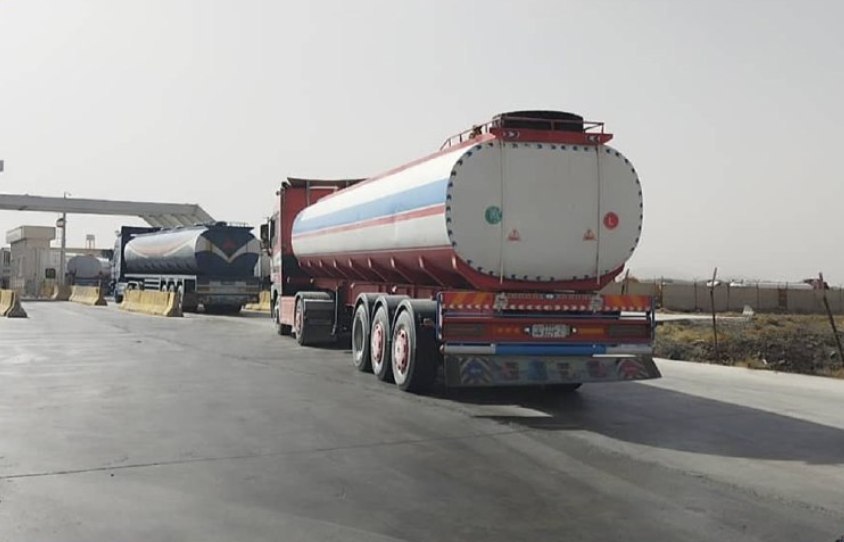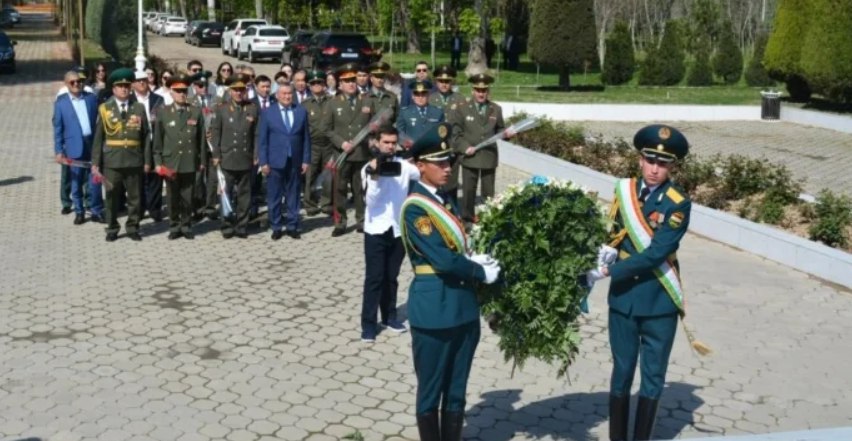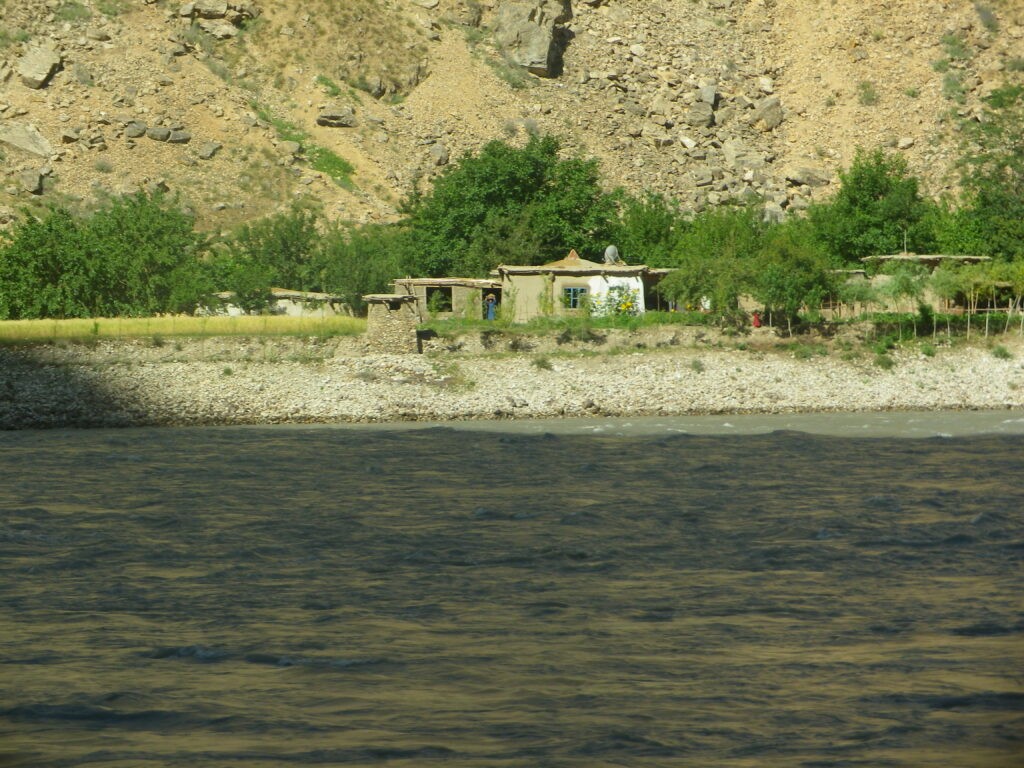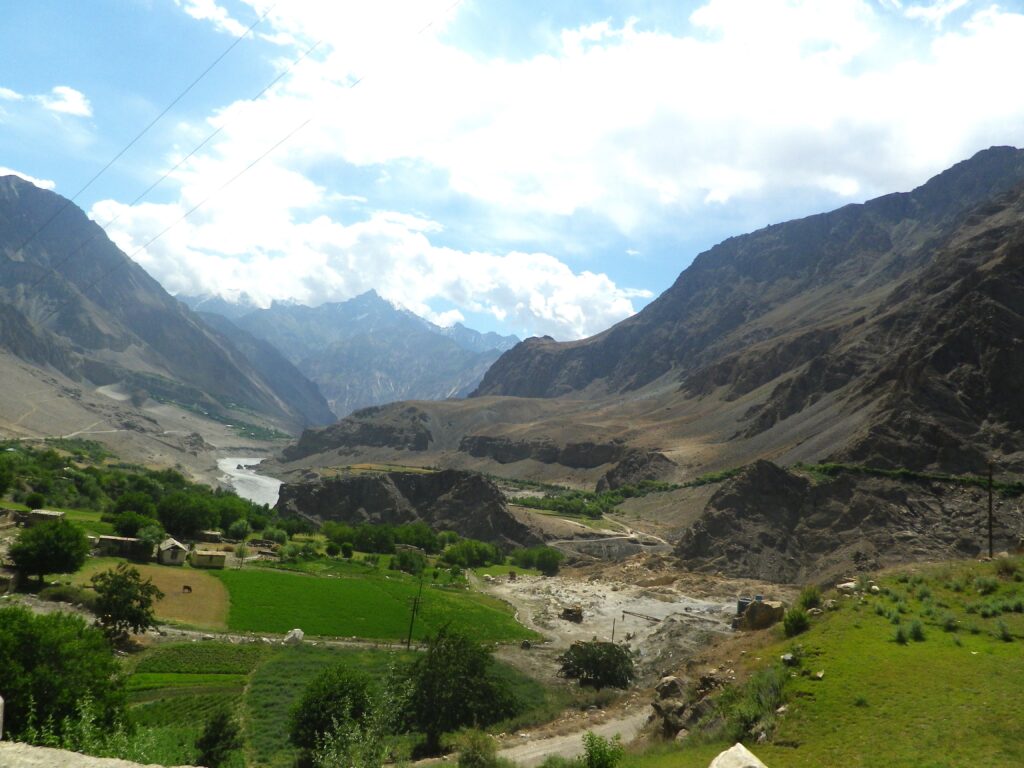The issue of inter-ethnic relations in Afghanistan affects not only the country itself but also its surrounding region. Recent history has placed a heightened importance on the “nation” question in Afghanistan in terms of the country’s political and social stability. Since regaining power in 2021, the de facto Taliban authorities have focused primarily on social policies to respond to the people’s immediate needs as well as on implementing trade and economic cooperation with regional countries to realize the geo-economic potential of the country. To a large degree, they have been successful in these endeavors. The important question now is how the Taliban will work to synthesize various ethnic groups into a society that has a strong identity as a nation while preserving the Pashtun status quo and the legacy of Durrani statehood. Afghanistan in its current state is not ready for a federal structure, and outside actors pushing this now could possibly undermine its stability. On the other hand, the country and the wider region have a long history of diverse ethnic and national groups managing to find a way to coexist and function effectively. As the Afghan people try to overcome humanitarian crises and focus on their economic and social recovery, the Taliban’s strategy will likely continue to be based on the consolidation of ethnic groups around itself and under the umbrella of Islam, supported by measures of assimilation and expansion, as Pashtun rulers did in the country’s history. Understanding the historical role of ethnicity and nationality in Afghanistan So far, no modern regime in Afghanistan has been able to significantly advance the idea of “Afghan nationalism,” reflecting the national unity of the country’s people. Slogans about “one nation” have always been promoted by the capital, but did not necessarily reflect realities on the ground. The latest (2004) republican constitution states in its Article 4 that the Afghan nation consists of “Pashtuns, Tajiks, Hazaras, Uzbeks, Turkmen, Baluchis, Pashais, Nuristans, Aimaks, Arabs, Kyrgyz, Qizilbash, Gujars, Brahuis and other tribes,” and that the word “Afghan” applies to every citizen of Afghanistan. This multinational state has so far shown stability in its ethnic groups, but cannot demonstrate their synthesis into a society with a strong self-identification as the Afghan nation, and the term “Afghan” continues to serve as an exonym, a general name for the inhabitants of the country. After regaining power in 2021, the Taliban worked to stop a bloody civil war that had begun in 1978, but faced a set of problems including the big “national question.” Against the backdrop of demands from the international community to ensure an inclusive government, the idea of federalism is once again being brought up in information spheres, which, according to its few supporters, presents the only way to ensure long-term peace in this diverse country. Discussions about federalism in Afghanistan are not new and are largely connected to events in recent history, primarily the civil war that began in 1978 with the “April Revolution.” That said, there has not been enough technical analysis...







